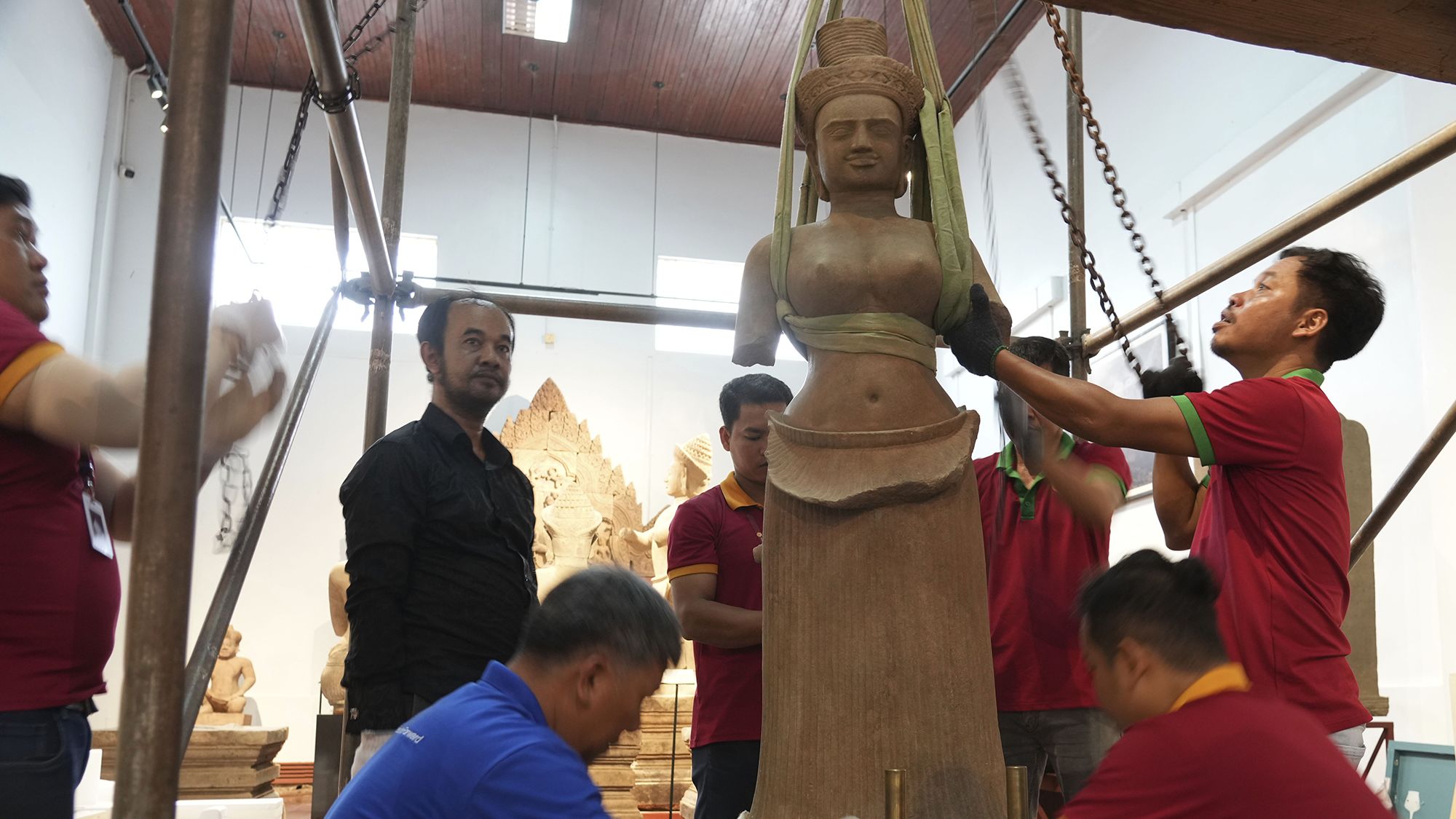Yes, I have done this several times for work. Digital nomad life that turned into starting a family that travels for work.
It’s difficult every time and sometimes you just have to admit that it isn’t going to work out in that country. Some countries have really strange attitudes or laws or systemic issues that you will not solve as an outsider. Sometimes people will just see you as a target or an opportunity for money and that’s never going to change.
Also looking back gives perspective; I had a difficult time in xxx country, but that was my first time overseas and I didn’t have quite a grasp of the language, and I was also unfairly comparing it to the USA. A decade later, I’ve been back a couple of times and now xxx is my favorite country. Five stages of grief and all. There’s more backstory but I can blend in a lot of countries.
Conversely, I went to some countries and saw how they are still very colonized from centuries of oppression. And then I go back to the USA sometimes and see the same mentality. Really shifts your perspective.
I was a child of a refugee so I always thought whatever complaints I had were nothing compared to what my parents went through. Also I had swastikas spray painted on my house when I was young so I never really fit in anywhere. Kind of keeps me going.
I feel more comfortable in some countries than my own home country. The USA has changed as much as I have over the past decade.
Finally, one semi-related point: I really, really learned to hate American missionaries. In every single country. They’re just the worst. I think they choose their countries and villages for some sort of confirmation bias to themselves that American Jesus is the best and only civilized way to live. They aren’t learning anything, just reinforcing their world view and not teaching anything useful. It’s just a way for middle aged white guys to get young girls from poor villages. They aren’t helping anything.











I want AOC on the ticket.